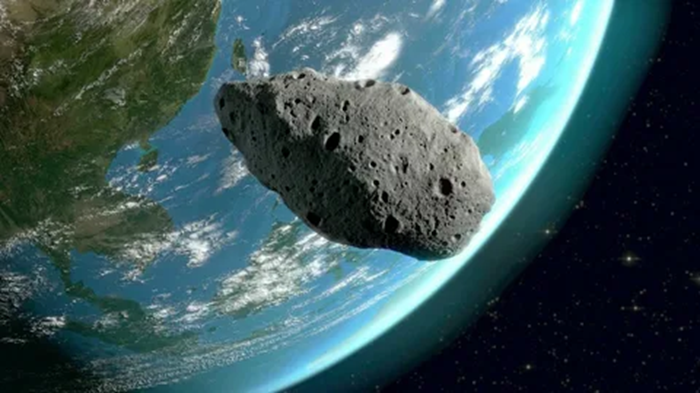American scientists from Duke University have proposed a method that allows us to determine the distance to asteroids much faster. This will help calculate their orbits and assess the risks of collisions.
The study was published in the scientific journal The Astronomical Journal (TAJ).
Today, technology allows us to track large asteroids in the main asteroid belt, but smaller objects with a diameter of 100-200 meters remain difficult to detect. Despite their smaller size, they can cause large-scale destruction when they collide with the Earth.
In the new study, the team used the topocentric parallax technique, based on the rotation of the Earth.
“When asteroids are observed in short time intervals, the main uncertainty in calculating their orbits is related to their distance,” the authors of the discovery explained.
The new method made it possible to determine the distance to the asteroid in just one night of observations, which significantly speeds up the process.
The technology was tested on both synthetic data and real observations. In tests with synthetic data, the method showed accuracy of up to 98.7% for asteroids located at a distance of about 0.3 astronomical units (AU) from Earth. Real observations of two asteroids confirmed the effectiveness of the method, although the accuracy was slightly lower – about 97%.
The researchers believe that their method can be successfully applied using data from the Vera Rubin Observatory (VRO), which will begin operations in 2025. VRO will scan the sky of the Southern Hemisphere of the Earth every few nights, which will allow detecting even small asteroids.
The scientists also noted that using several observatories at different points on Earth can further improve the accuracy of measurements. This is especially important for tracking near-Earth objects that may pose a threat to our planet.


